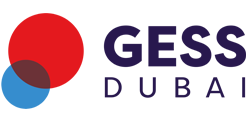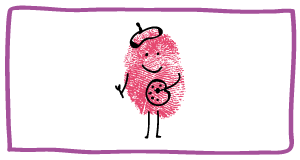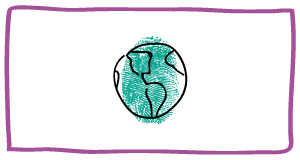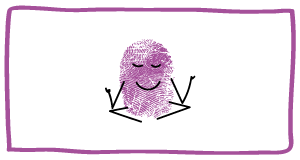Education is every child’s basic right
Every child, irrespective of race or religion, deserves two things — clean basic amenities and the right to good education, said Emirati national, Rashed bin Alwan aged 26.
He strongly supports any government’s initiative to educate its young.
“People must understand that a peaceful future lies in the hands of an educated child. And the child must not just be educated about what is written in his textbooks. He or she must also be provided with good value education,” said Rashed. He added: “Despite all the advancements that the world has made, millions of children still cannot read and write.”
As of today, 250 million children around the world cannot read or write well. Furthermore, 57 million primary aged children are out of school. September 8 was proclaimed International Literacy Day by Unesco on November 17, 1965. The day aims to highlight the importance of literacy to individuals, communities and societies. Khaleej Times caught up with a few residents of the UAE who gave their opinions on what can be done to eradicate the illiteracy problem. All respondents said that primary and secondary education must be made free, world over. People also said that the problem of illiteracy can also be solved by ‘further educating educated people.’ They also opined that women must be given higher priority for being educated. “Value education among educated people is also important. People must be encouraged to share and impart knowledge,” said Rashed.
“Reducing the cost of higher education will also encourage many children to go to school. Most of us in this part of the world are fortunate with education,” said 19-year-old Joshua D’Silva. Some of the respondents said that education is the key response to solve all other social evils. “Introduce more charity and outreach programmes. Universities can help by getting college going students to travel to countries that have lower literacy rates and help set up schools. Reducing higher education rates can also be very beneficial. More scholarships, more funding from private firms to educate the illiterate should also help,” said D’Silva.
Atul Shankar (19), Indian national said: “India still has a problem with high illiteracy rates. Though the government has taken several steps and initiatives to raise literacy rates, there is no proper follow up, which can be a problem. Starting initiatives is not enough, the initiative must be sustainable.”
Pakistani national Mohammed Ali opined: “I don’t think free higher education is the key to solve the problem with illiteracy. Discounted rates and good value education is extremely important. Private firms must fund education.”
Banking professional and Indian national Lysi Andrea said: “Opening more schools in rural areas can really help. Bigger varsities can also provide more scholarships to encourage children to study further. People should also take efforts to educate the girl children.”
On the occasion of International Literacy Day, Dubai Cares working to improve children’s access to quality primary education in developing countries, has reinforced its commitment to ensure that every child around the world receives quality primary education. Through its global efforts, Dubai Cares is reaching over eight million children in 31 developing countries, with the aim of arming future generations in the fight against poverty, instability, inequality and prejudice, through quality primary education.
Tariq Al Gurg, Chief Executive Officer of Dubai Cares said: “Our focus on literacy goes beyond ensuring that children are skilled in reading, writing and counting. There is a clear correlation between illiteracy, poverty and prejudice. Through our ongoing efforts targeting both boys and girls, we are creating a model whereby future generations can benefit from the positive social and economic impact of education.”
Dubai Cares’ mission to increase children’s access to quality primary education is realised through integrated programmes that eliminate the underlying obstacles that prevent children from going to school and learning. This is achieved through school feeding, deworming activities, early childhood education, curriculum development, literacy and numeracy through teacher training, building and renovating schools and classrooms as well as water, sanitation and hygiene in schools. -dhanusha@khaleejtimes.com
Khaleej Times Read more: http://www.khaleejtimes.com/nation/inside.asp?xfile=/data/educationnation/2013/September/educationnation_September14.xml§ion=educationnation





